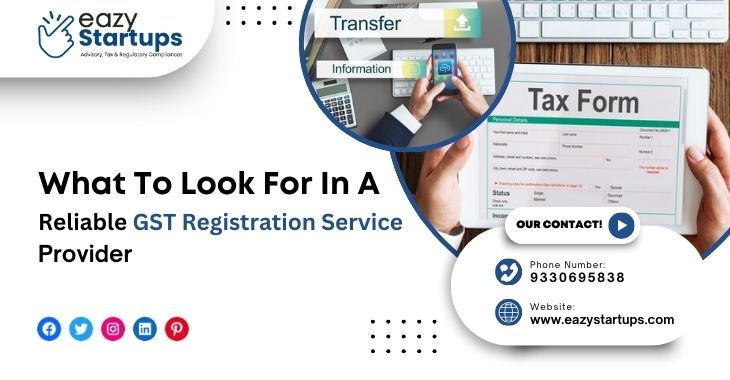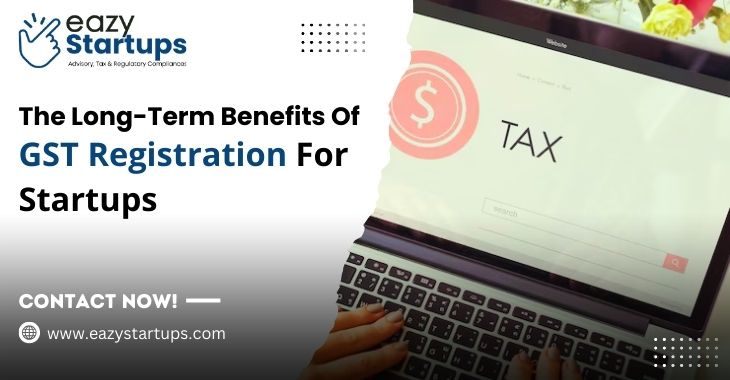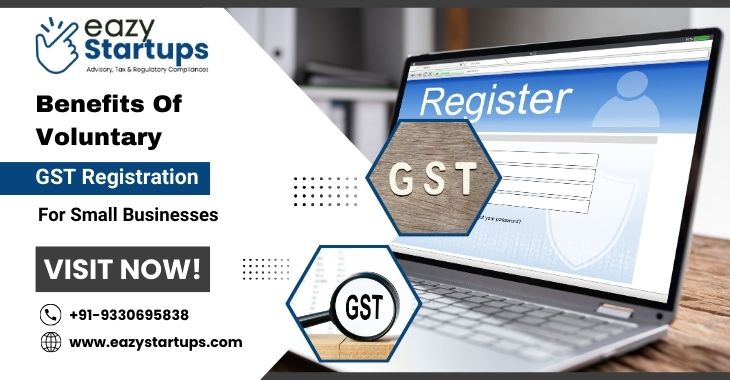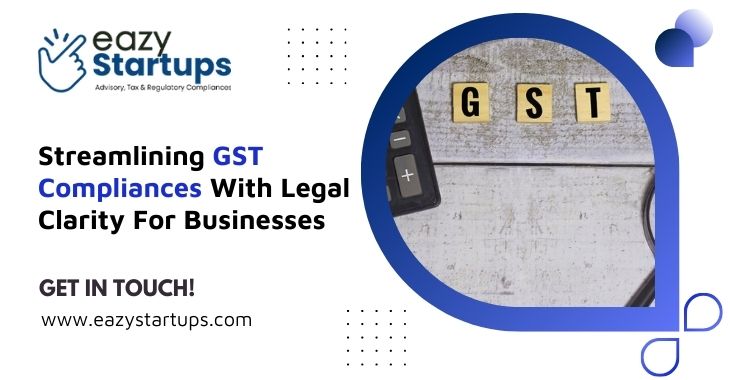Due to the growth of e-commerce, businesses are rapidly reaching clients around the world, so it’s critical to maintain compliance with tax laws. The Goods and Services Tax (GST), which aims to streamline the taxation system, is one of India’s most important tax reforms. For several reasons, e-commerce companies now need GST Registration Online.
The following seven aspects highlight the importance of GST registration for e-commerce companies:-
1. Legal Compliance and Avoiding Penalties
2. Input Tax Credit (ITC) Benefits
3. Expanded Business Opportunities
4. Access to the E-Commerce GST Portal
5. Avoiding Double Taxation
6. Simplified Tax Filing Process
7. Cross-Border Trade and International Expansion
Legal Compliance and Avoiding Penalties:
Ensuring legal compliance is the primary motivation for any e-commerce company to register for GST. Businesses with revenue above the GST law’s threshold (Rs. 40 lakhs for the majority of states and Rs. 20 lakhs for special category states) must register. Nonregistration may result in penalties, fines, and even a business shutdown. E-commerce companies must register for GST to avoid fines and other legal issues.
Input Tax Credit (ITC) Benefits:
E-commerce companies that register for GST can claim the Input Tax Credit, which allows them to deduct the GST paid on their inputs (purchases) from the GST received on their outputs (sales). Lowering the overall tax burden facilitates reinvesting in the company and preserving healthy profit margins. E-commerce companies lose the ITC benefit if they do not register for GST, which raises expenses and lowers their competitiveness.
Expanded Business Opportunities:
GST registration gives an e-commerce company credibility, which increases its attractiveness to suppliers, sellers, and consumers. Because GST-registered companies provide legality and transparency in financial transactions, many partners and suppliers prefer doing business with them. Customers may also have more faith in companies registered for GST since they think they comply with the law.
Access to the E-Commerce GST Portal:
In order to submit GST returns, track tax payments, and ensure the company complies with all tax-related laws, e-commerce enterprises must register for GST to access the government’s e-commerce GST portal. Additionally, the portal offers real-time updates on GST developments, enabling businesses to remain informed and compliant. E-commerce companies that sell products on websites like Amazon, Flipkart, or Myntra must also register for GST to abide by the regulations these sites enforce.
Avoiding Double Taxation:
Businesses frequently had to deal with double taxes before to the GST, especially when selling products and services across state lines. E-commerce companies can avoid this problem since the implementation of GST. Since the GST is a destination-based tax, it is assessed at the point of consumption. E-commerce companies that are GST-registered are exempt from several state-level taxes, which streamlines the tax procedure and keeps them from having to pay excessive amounts of taxes.
Simplified Tax Filing Process:
For e-commerce companies, GST registration streamlines the entire tax filing procedure. Multiple registrations for various tax regulations, including VAT, service tax, and excise duty, are no longer necessary thanks to introducing a unified tax structure under the Goods and Services Tax system. E-commerce companies can save time and reduce paperwork by filing a single return for all of their taxes when they register for GST. The procedure of filing taxes is made even simpler by the effective and user-friendly online filing system.
Cross-Border Trade and International Expansion:
GST registration is crucial for e-commerce companies wishing to sell or grow goods worldwide. Guaranteeing adherence to international tax laws and regulations facilitates seamless cross-border trading. Because exports are excluded from GST, it provides expedited procedures for export transactions, assisting firms in avoiding problems associated with foreign sales. This allows e-commerce companies to grow their clientele internationally without worrying about complicated tax laws in other nations.
Conclusion
GST registration is vital for any e-commerce business looking to operate efficiently, comply with legal regulations, and expand its reach. If you want GST Registration Online, contact Eazy Startups to get the best guidance.











Recent Comments